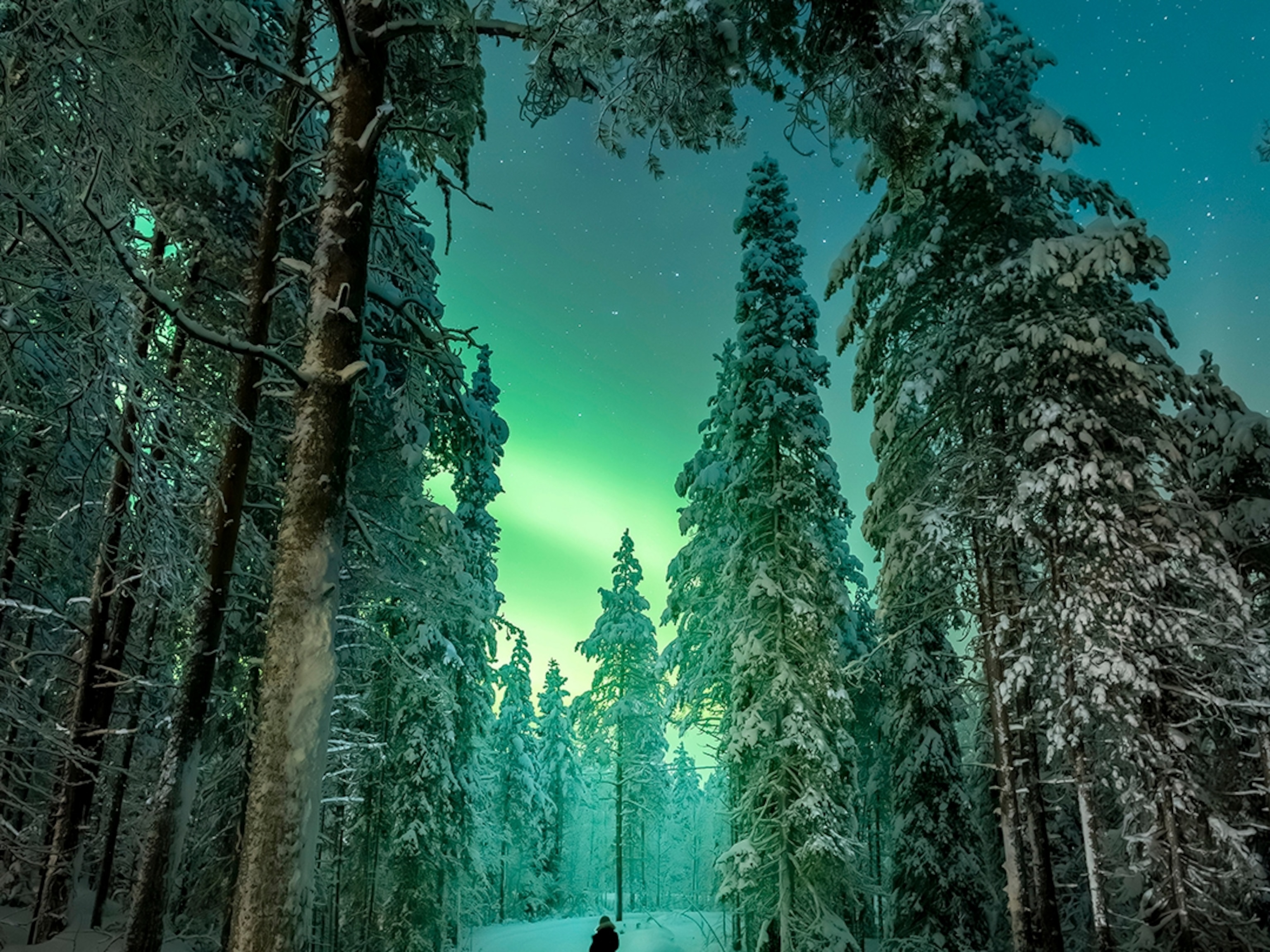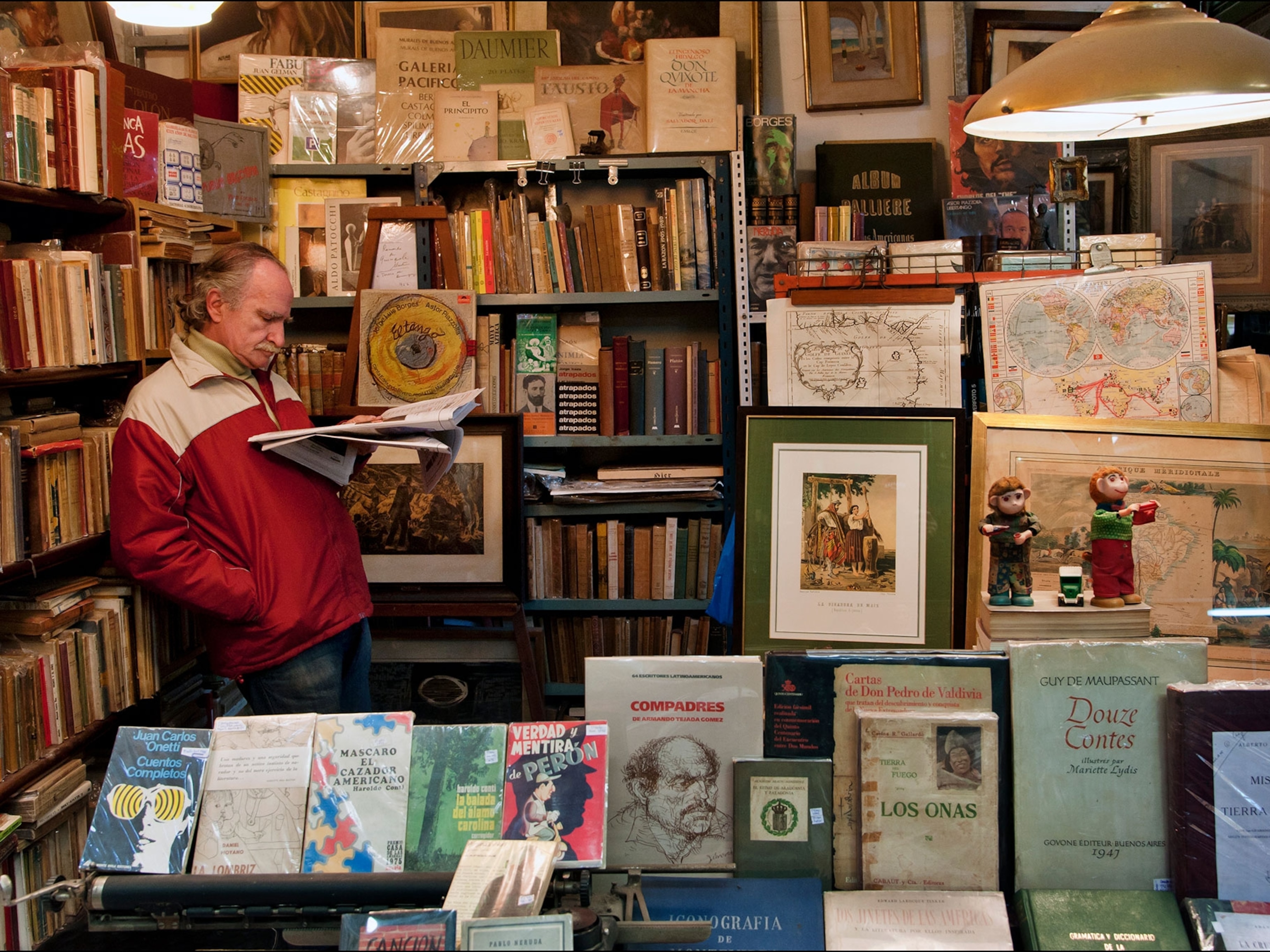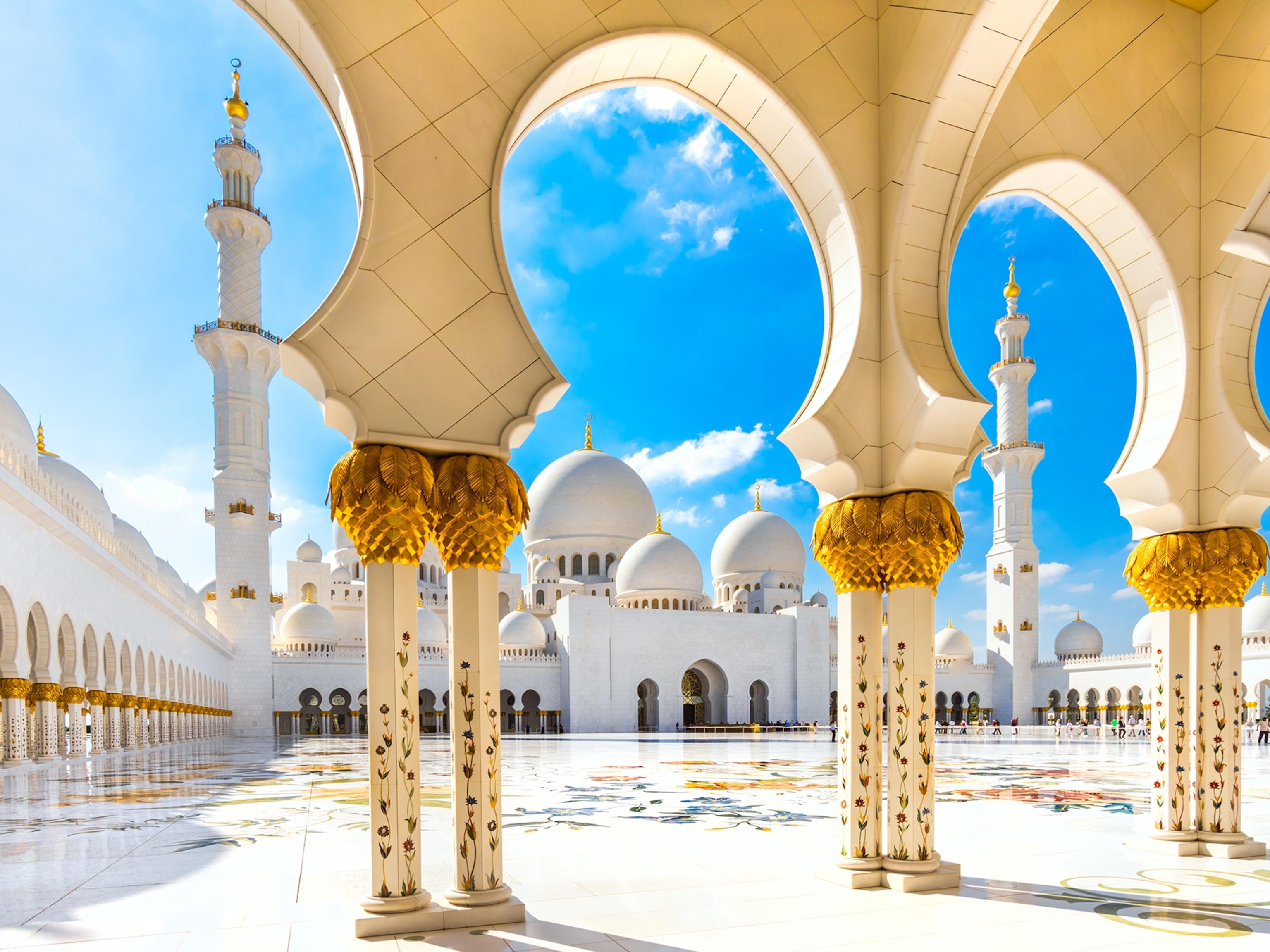
Escape to Africa in 10 riveting tales
Glide down the Nile in a fisherman’s skiff, soar over the savanna with a bush pilot, and learn about Trevor Noah’s childhood in Soweto.
Sweeping savannas and impenetrable forests. Colonialism and independence. Poachers and conservationists. Conflict and peace. A continent too geographically and culturally vast to be encapsulated even in a library of books has nonetheless inspired generations of writers to try.
We’ve selected 10 books that capture diverse perspectives on a place with countless complicated and fascinating histories. These titles range from true tales of growing up in the shadow of apartheid and flying high as a female bush pilot to a centuries-spanning novel of slavery and freedom.
It’s the latest entry in our Around the World in Books series. We hope it inspires you to travel through the pages and, one day soon, to Africa.
Don’t Let’s Go to the Dogs Tonight, by Alexandra Fuller, 2001. Raised during the Rhodesian Bush War, Fuller scuttles with her family from their scrappy farm in Zimbabwe to Malawi to Zambia in this big-hearted tale of survival. Her eccentric parents create a home life that continually careens from tragic to ecstatic, but Fuller recounts it all with candor, poignancy, and a hard-won sense of humor.

Out of Africa, by Isak Dinesen, 1937. “Looking back on a sojourn in the African highlands, you are struck by your feeling of having lived for a time up in the air,” writes Dinesen, who ran a coffee plantation at the foot of the Ngong Hills, near Nairobi. She recorded the airy rhythms and knotty romances of an East Africa lumbering from tradition to modernity.
(Related: Follow conservationists’ 1,500-mile expedition into Botswana’s Okavango Delta.)
Americanah, by Chimamanda Ngozi Adichie, 2013. At the turn of this century, Nigerian lovers Ifemelu and Obinze both make their way to the West, grappling with issues of cultural identity and separation. Though acclaimed Nigerian novelist Adichie often delves into fraught topics in African history, here she’s more focused on the culture of the diaspora, casting a wry, often romantic eye on the buzz of Lagos, the misty allure of London, and university communities of America’s East Coast.
Born a Crime, by Trevor Noah, 2016. The Daily Show host recounts a childhood growing up in Soweto township during the last days of apartheid South Africa. The son of a Xhosa mother and a Swiss–German father, at a time when such a union was illegal, Noah in his early years was largely kept hidden indoors by his mother. This collection of essays is ultimately an ode to her and her strong-willed determination to give her son the freedom and choices she never had.

In Arabian Nights, by Tahir Shah, 2007. Inspired by One Thousand and One Nights, Shah travels Morocco collecting stories, from neroli-scented courtyards in Marrakech to cafés in Fes to his own fixer-upper of a mansion in Casablanca. “The stories make us what we are,” a retired surgeon in Casablanca tells him. “They make us Moroccan.”
Down the Nile, by Rosemary Mahoney, 2007. Spellbound by the Sphinx, Mahoney rowed solo down the Nile in a fisherman’s skiff—perilously close to crocs—to survey the cultures along its shores, paying homage en route to the great travelers (Gustave Flaubert and Florence Nightingale) who preceded her.
West With the Night, by Beryl Markham, 1942. The author evokes her childhood in the Great Rift Valley of Kenya and her exploits as a bush pilot. She was the first person to complete a solo east–west transatlantic flight—and that’s nearly the least interesting thing about her life!
(Related: Want to read more tales by women adventurers? Try these page-turners.)
The Boy Who Harnessed the Wind, by William Kamkwamba, 2009. This memoir of a drought-stricken village in Malawi is uplifting—literally. Little William devises a windmill out of spare parts; the electricity it produces helps to pump the water that saves his family’s farm. A film version starring Chiwetel Ejiofor was released in 2019 on Netflix.

Homegoing, by Yaa Gyasi, 2016. Traveling from 18th-century Ghana to 21st-century America, this sweeping novel follows the fates of two half-sisters and their descendants, switching between coastal African villages and southern American plantations, from Jazz Age Harlem to modern-day Accra. Along the way, Gyasi—an immigrant herself—tracks themes of hope as well as the lasting despair of slavery. As one character says, “No one forgets that they were once captive, even if they are now free.”
The Poisonwood Bible, by Barbara Kingsolver, 1998. A Christian missionary family from Georgia alights in the Belgian Congo in 1959. In the resulting clash of values, saving souls becomes harder than it seemed.




